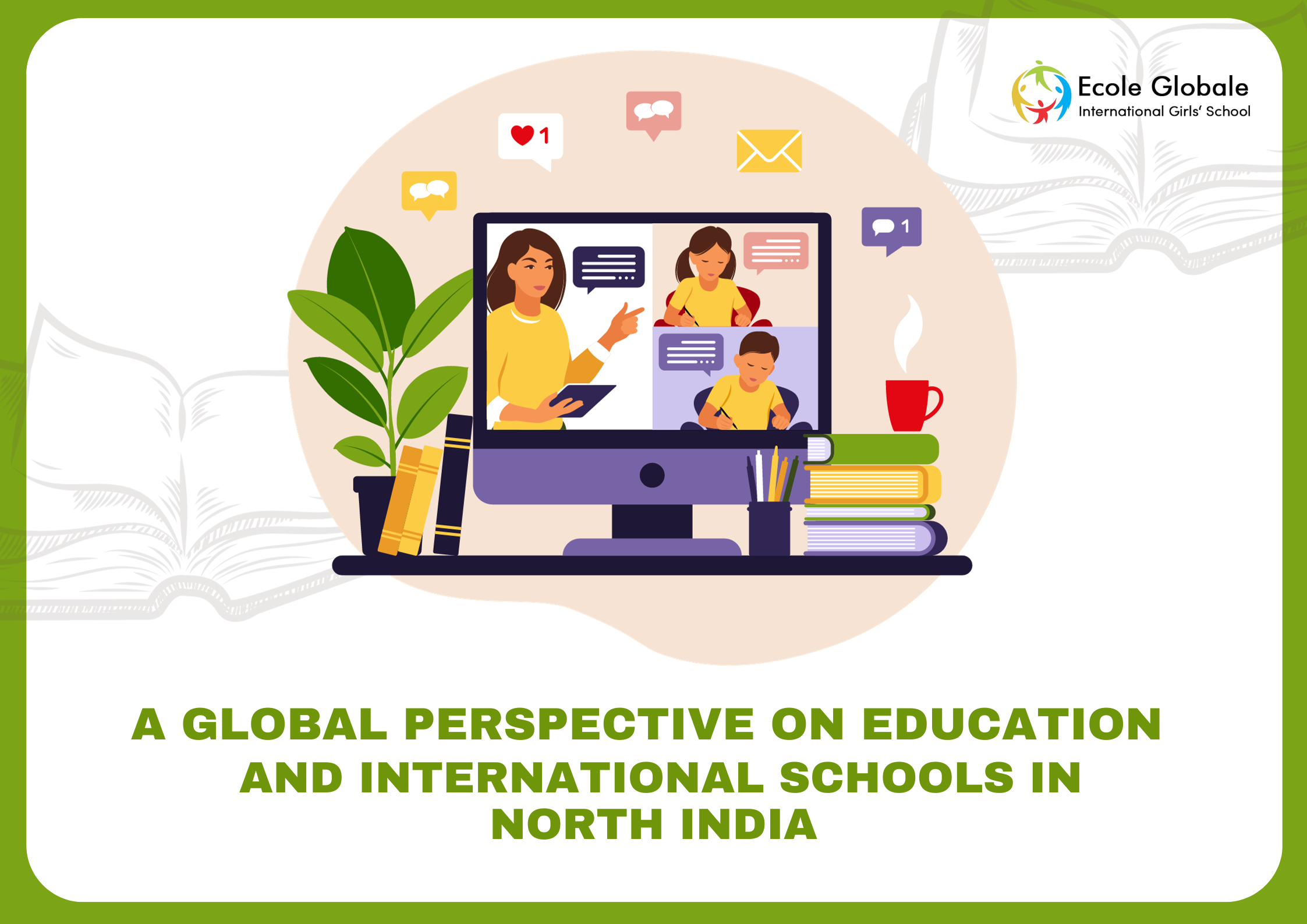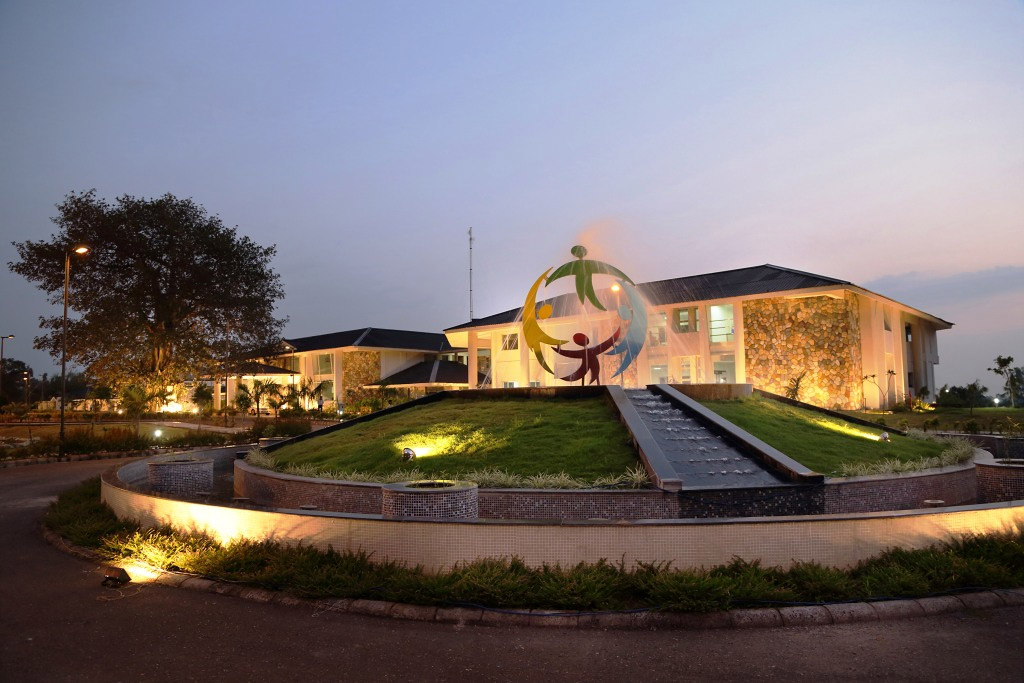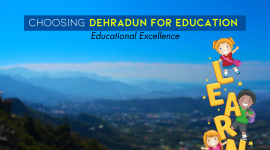In the dynamic landscape of education, a paradigm shift is underway, steering towards a more globalized approach that transcends traditional boundaries.
This shift is particularly evident in the proliferation of international schools, with institutions like Ecole Globale leading the way in North India.
This comprehensive exploration delves into the nuances of global education, the pivotal role of international schools, a Global Perspective on Education and a focused analysis of the impact of Ecole Globale in reshaping the Global prospective of Education in the Northern region of India.
Global Education: Nurturing Global Citizens
Global education is a multifaceted concept that goes beyond the conventional understanding of academic pursuits and a Global Perspective on Education.
It is a holistic approach that seeks to cultivate an awareness of the interconnectedness of the world, fostering skills such as critical thinking, cultural competence, and a profound sense of global citizenship.
This educational philosophy prepares students not only for academic success but also for active participation in a world that is increasingly interdependent.
International Schools in North India: A Rising Trend
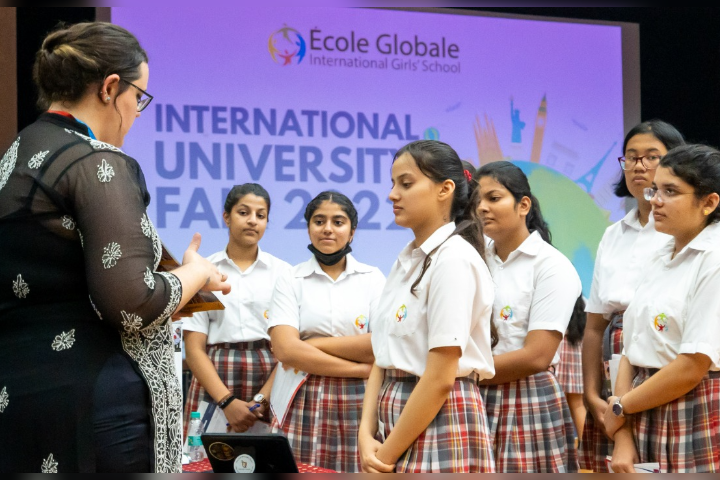
The northern region of India has witnessed a remarkable surge in the establishment of international schools, responding to the escalating demand for a globalized educational experience and developing a Global Perspective on Education .
These International schools in North India serve as crucibles of knowledge, amalgamating local and international elements in their curriculum to equip students with a competitive edge in an evolving global landscape.
The emphasis on multilingualism, global issues, and experiential learning sets these schools apart, making them instrumental in shaping the educational trajectory of the region.
Ecole Globale: A Lighthouse of Global Education
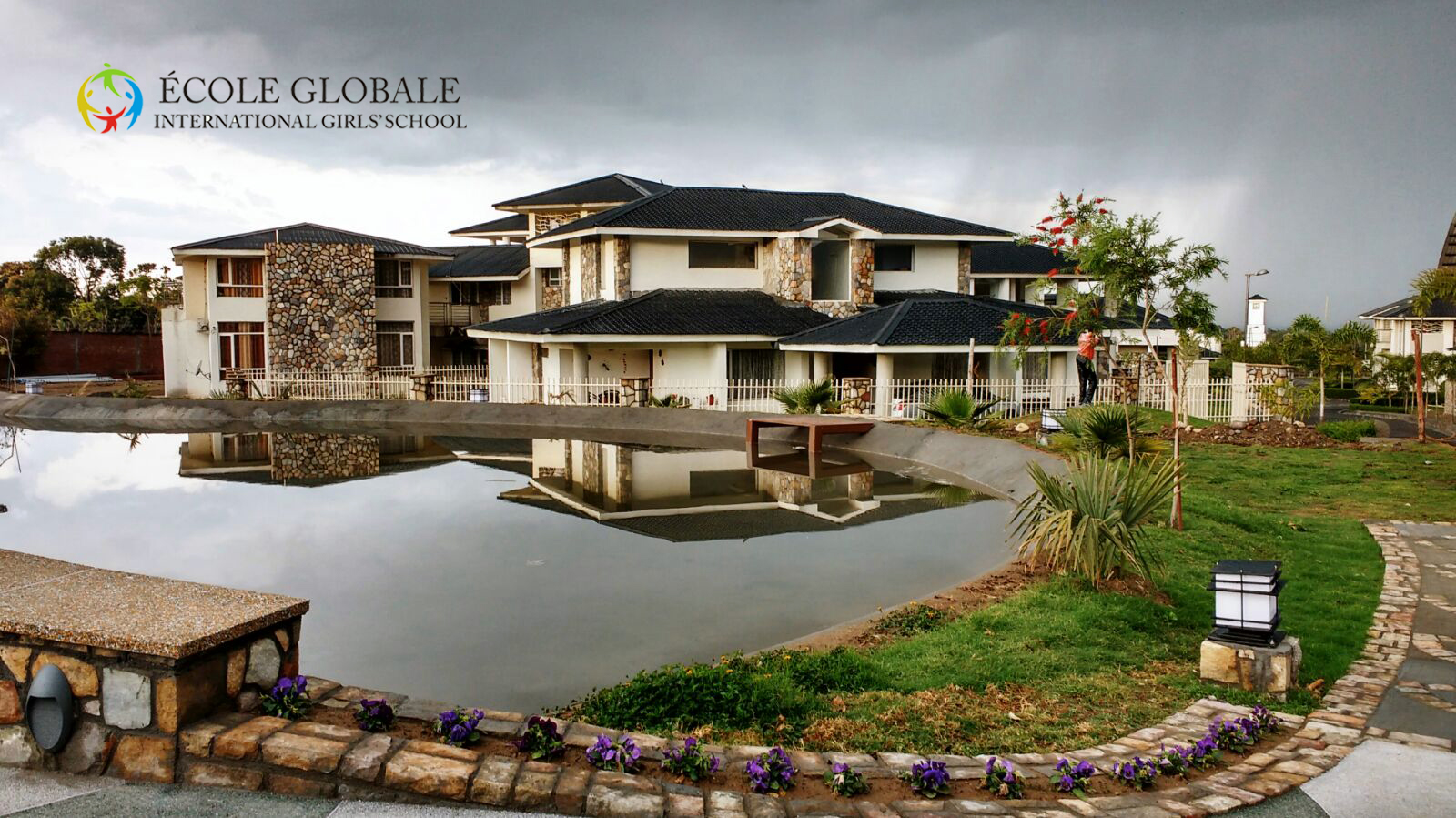
Situated in the serene environs of Dehradun, Ecole Globale stands as a beacon of global education, epitomizing the fusion of international best practices with a commitment to holistic learning and developing a Global Perspective on Education .
The school’s vision extends beyond academic excellence, focusing on the development of essential life skills that are indispensable in navigating the complexities of the contemporary world.
Key Features of Ecole Globale:
International Curriculum:
Ecole Globale embraces globally recognized curricula such as the International Baccalaureate (IB) and Cambridge International Examinations. This deliberate choice ensures that students are exposed to a curriculum aligned with international standards, facilitating seamless transitions for those pursuing higher education globally and developing a Global Perspective on Education.
Multicultural Environment:
The hallmark of Ecole Globale is its commitment to fostering a multicultural environment and developing a Global Perspective on Education.
The school consciously attracts students from diverse backgrounds, creating a microcosm of the global society within its walls. This intentional diversity not only enriches the learning experience but also prepares students for the multicultural dynamics they are likely to encounter in their future endeavors.
Experiential Learning:
Recognizing the limitations of traditional pedagogy, Ecole Globale places a strong emphasis on experiential learning and developing a Global Perspective on Education.
The school believes that true understanding is derived from hands-on experiences, and to this end, incorporates field trips, international exchange programs, and collaborative projects into its curriculum. This approach not only reinforces academic concepts but also instills practical skills and a deep appreciation for real-world applications and developing a Global Perspective on Education.
Focus on Global Issues:
Ecole Globale distinguishes itself by weaving a thread of global awareness throughout its curriculum.
Students are not only educated in the conventional subjects but are also encouraged to critically engage with global issues such as sustainability, social justice, and cultural awareness and developing a Global Perspective on Education.
This proactive approach equips students with a nuanced understanding of the world around them, fostering a sense of responsibility and empathy.
The Impact of Ecole Globale on North Indian Education:
Ecole Globale’s influence extends far beyond its campus in Dehradun, significantly impacting the educational landscape of North India. The school’s commitment to global education has set a benchmark for other institutions, prompting a reevaluation of traditional teaching methods and curricula. The following aspects highlight the profound impact of Ecole Globale on education in the region:
Benchmark for Excellence:
Ecole Globale serves as a benchmark for educational excellence in North India. Its commitment to international standards and holistic education has raised the bar for academic institutions, inspiring them to aspire to greater heights. This ripple effect has led to a collective elevation of educational standards in the region.
Cultural Exchange and Understanding:
By fostering a multicultural environment, Ecole Globale has become a melting pot of cultures within North India. Students from different regions and countries converge at the school, creating a unique space for cultural exchange and understanding. This cross-cultural pollination not only enriches the educational experience but also contributes to breaking down stereotypes and fostering a global perspective among the students.
Innovative Teaching Methodologies:
Ecole Globale’s emphasis on experiential learning has spurred a reevaluation of teaching methodologies in the region. Other schools are increasingly incorporating hands-on experiences, field trips, and collaborative projects into their curricula, recognizing the efficacy of these methods in promoting a deeper understanding of subjects and developing a Global Perspective on Education.
Global Networking Opportunities:
The international affiliations and partnerships of Ecole Globale provide students with unique global networking opportunities. Through exchange programs, collaborative projects, and interactions with educators from around the world, students at Ecole Globale are exposed to a diverse array of perspectives and developing a Global Perspective on Education.
This exposure is invaluable in preparing them for a future where global collaboration is a key aspect of personal and professional success.
Preparation for Higher Education Abroad:
As an institution that follows internationally recognized curricula, Ecole Globale positions its students advantageously for pursuing higher education abroad.
The seamless alignment with global academic standards and the emphasis on skills such as critical thinking and cultural competence prepare students not just for local universities but also for prestigious institutions on the international stage and developing a Global Perspective on Education.
Conclusion:
Ecole Globale and other international schools in North India are at the forefront of a transformative movement in education and developing a Global Perspective on Education.
The paradigm shift towards global education is not merely a trend but a necessity in preparing students for a future that is intricately connected and constantly evolving.
The deliberate emphasis on international curricula, multicultural environments, experiential learning, and a focus on global issues equips students with the tools they need to thrive in an interconnected and dynamic global society.
As Ecole Globale continues to shape the educational narrative in North India, its impact resonates not only in the academic achievements of its students but also in the broader cultural and societal changes it inspires.
The school serves as a testament to the idea that education is not just about acquiring knowledge but about shaping individuals who are ready to navigate the complexities of a globalized world with confidence, empathy, and a profound understanding of their place in the global community.
Q1: How does Ecole Globale’s emphasis on global issues contribute to the students’ overall education?
A1: Ecole Globale’s focus on global issues is integral to the students’ education as it encourages critical thinking and a deeper understanding of the world. By engaging with topics such as sustainability, social justice, and cultural awareness, students are not only academically enriched but also develop a sense of responsibility towards global challenges. This approach cultivates a holistic perspective, preparing students to be informed and conscientious global citizens.
Q2: How does Ecole Globale address the diverse linguistic backgrounds of its students, and what benefits does this multicultural and multilingual environment offer?
A2: Ecole Globale consciously embraces a multicultural environment, recognizing the diverse linguistic backgrounds of its students. The school promotes multilingualism, offering language courses and encouraging students to use and appreciate multiple languages. This not only fosters a sense of inclusivity but also equips students with valuable language skills, preparing them for a globalized world where linguistic diversity is a significant asset.
Q3: Can you elaborate on the impact of Ecole Globale’s experiential learning initiatives, such as field trips and international exchange programs, on students’ academic and personal development?
A3: The experiential learning initiatives at Ecole Globale, including field trips and international exchange programs, play a pivotal role in students’ academic and personal development. These hands-on experiences go beyond textbook knowledge, providing practical insights and fostering skills such as adaptability, teamwork, and cultural competence. The exposure to different environments and perspectives contributes significantly to the students’ overall growth and prepares them for the challenges of a globalized society.
Q4: How does Ecole Globale ensure the seamless integration of international curricula, such as the International Baccalaureate and Cambridge International Examinations, into its educational framework?
A4: Ecole Globale ensures the seamless integration of international curricula through a meticulous educational framework. The school invests in training its educators to meet the specific requirements of international standards. Additionally, regular curriculum reviews and alignment with global benchmarks guarantee that students receive an education that not only meets but often exceeds international expectations, providing them with a solid foundation for future academic pursuits.
Q5: In what ways does Ecole Globale prepare its students for higher education opportunities abroad, and how does this contribute to their future success?
A5: Ecole Globale prepares its students for higher education abroad through the deliberate alignment with globally recognized curricula. The emphasis on critical thinking, multiculturalism, and language proficiency positions students advantageously for admission to international universities. The school’s network of global partnerships and exchange programs further expands students’ horizons, fostering a global mindset that is increasingly valued in the competitive landscape of higher education and the professional world.
Q6: How has Ecole Globale influenced other educational institutions in North India, and what measures can be taken to further promote the adoption of global education principles in the region?
A6: Ecole Globale’s influence on other educational institutions in North India is evident in the reevaluation of teaching methodologies and a renewed emphasis on global education. To further promote the adoption of global education principles, collaborative initiatives, knowledge-sharing platforms, and regional educational conferences can be organized. Establishing mentorship programs where successful international schools guide others in implementing global education practices can also contribute to a more widespread integration of these principles across the educational landscape in the region.






